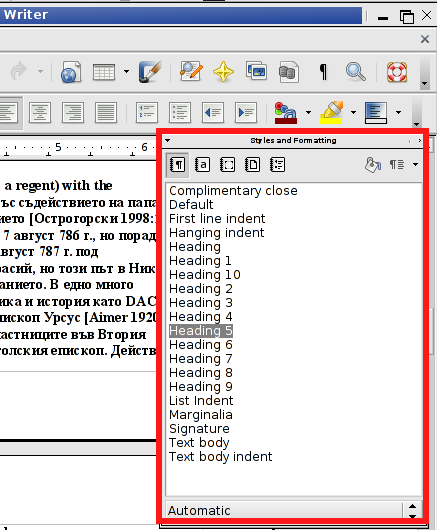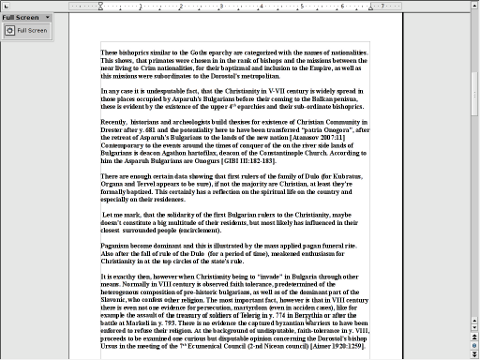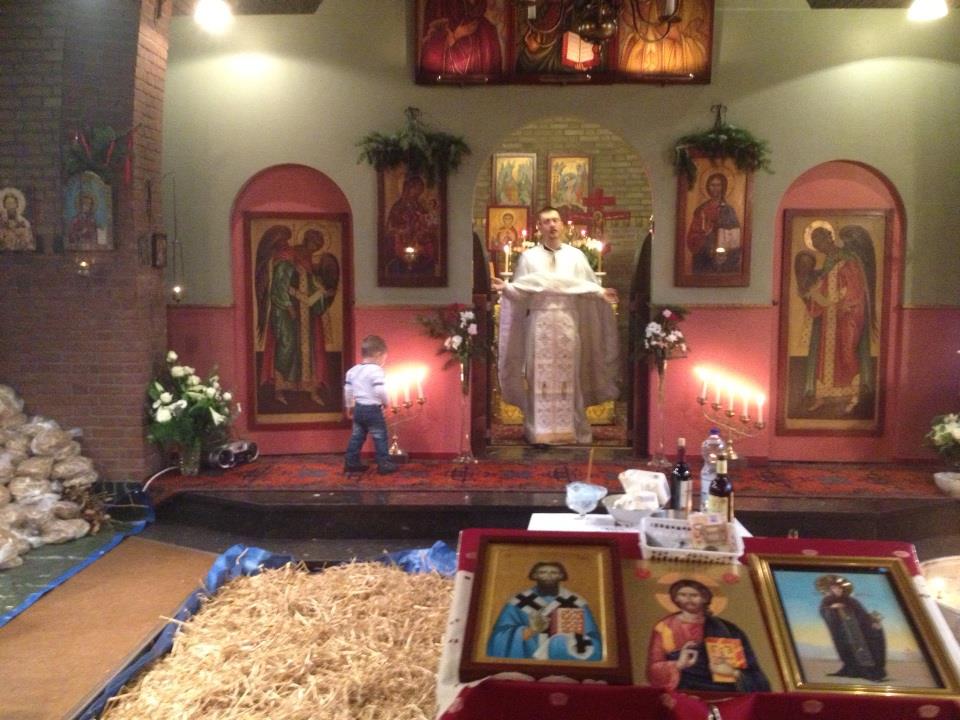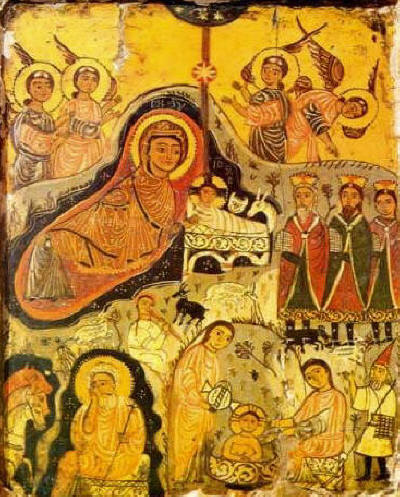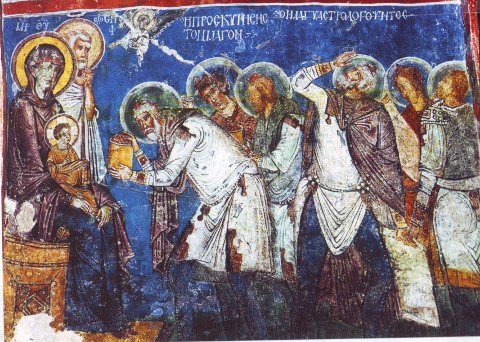
First you have to have installed and properly set up Apache from port, in my case this is Apache:
freebsd# pkg_info | grep -i apache
ap22-mod_fastcgi-2.4.6_3 A fast-cgi module for Apache
apache22-2.2.23_4 Version 2.2.x of Apache web server with prefork MPM.
apr-1.4.6.1.4.1_3 Apache Portability Library
I've installed it from source port /usr/ports/www/apache22, with:
freebsd# cd /usr/ports/www/apache22;
Then to be able to start Apache from init script and make it run automatically on FBSD system reboot:
freebsd# make install clean
.....
echo 'apache22_enable="YES"' >> /etc/rc.conf
I've also installed php5-extensions port;
freebsd# cd /usr/ports/lang/php5-extensions/
freebsd# make install clean
....
freebsd# cp -rpf /usr/local/etc/php.ini-production /usr/local/etc/php.ini
I had to select the exact Apache PHP library extensions I need, after selecting and installing, here is the list of PHP extensions installed on system:
freebsd# pkg_info | grep -i php5
php5-5.4.10 PHP Scripting Language
php5-bz2-5.4.10 The bz2 shared extension for php
php5-ctype-5.4.10 The ctype shared extension for php
php5-dom-5.4.10 The dom shared extension for php
php5-filter-5.4.10 The filter shared extension for php
php5-gd-5.4.10 The gd shared extension for php
php5-gettext-5.4.10 The gettext shared extension for php
php5-hash-5.4.10 The hash shared extension for php
php5-iconv-5.4.10 The iconv shared extension for php
php5-json-5.4.10 The json shared extension for php
php5-mbstring-5.4.10 The mbstring shared extension for php
php5-mcrypt-5.4.10 The mcrypt shared extension for php
php5-mysql-5.4.10 The mysql shared extension for php
php5-pdo-5.4.10 The pdo shared extension for php
php5-pdo_sqlite-5.4.10 The pdo_sqlite shared extension for php
php5-phar-5.4.10 The phar shared extension for php
php5-posix-5.4.10 The posix shared extension for php
php5-session-5.4.10 The session shared extension for php
php5-simplexml-5.4.10 The simplexml shared extension for php
php5-sqlite3-5.4.10 The sqlite3 shared extension for php
php5-tokenizer-5.4.10 The tokenizer shared extension for php
php5-xml-5.4.10 The xml shared extension for php
php5-xmlreader-5.4.10 The xmlreader shared extension for php
php5-xmlwriter-5.4.10 The xmlwriter shared extension for php
php5-zip-5.4.10 The zip shared extension for php
php5-zlib-5.4.10 The zlib shared extension for php
By default DirectoryIndex is not set to process index.php and .php, file extensions will not be interpreted by libphp, instead requests to .php, just opens them as plain text files.
In Apache config httpd.conf, libphp5 module should be displaying as loaded, like so:
freebsd# grep -i php5 /usr/local/etc/apache22/httpd.conf
LoadModule php5_module libexec/apache22/libphp5.so
Next step find in /usr/local/etc/apache22/httpd.conf lines:
<IfModule dir_module>
DirectoryIndex index.html
Change
DirectoryIndex index.html
to
DirectoryIndex index.php index.html
(If you would like index.php to be processed as primary whether an Apache directory contains both .php and .html files.
After DirectoryIndex index.php, paste following;
<IfModule mod_dir.c>
<IfModule mod_php3.c>
<IfModule mod_php5.c>
DirectoryIndex index.php index.php3 index.html
</IfModule>
<IfModule !mod_php4.c>
DirectoryIndex index.php3 index.html
</IfModule>
</IfModule>
<IfModule !mod_php3.c>
<IfModule mod_php5.c>
DirectoryIndex index.php index.html index.htm
</IfModule>
<IfModule !mod_php4.c>
DirectoryIndex index.html
</IfModule>
</IfModule>
</IfModule>
Open /usr/local/etc/apache22/httpd.conf. I use vim so:
vim /usr/local/etc/apache22/httpd.conf
and press CTRL+g to go to last line of file. Last line is:
Include etc/apache22/Includes/*.conf
I press I to insert text and paste before the line:
AddType application/x-httpd-php .php
AddType application/x-httpd-php-source .phpS
AddType application/x-httpd-php .php .htm .html
And save with the usual vim esc+ :x! (exit, save and overwrite changes command).
Then restart Apache to load new settings, after testing Apache config is okay;
freebsd# apache2ctl -t
Syntax OK
freebsd# /usr/local/sbin/apachectl -k restart
To test php conduct the usual test if php is interpretting code with phpinfo(); by creating file php_info.php and pasting inside:
<?php
phpinfo();
?>
One important note, to make here is if you try to use phpinfo(); test code like:
<?
phpinfo();
?>
You will get in your browser empty pages content – which usually appear only, if PHP execution fails. Even if you try to enable PHP errors to be displayed in browser by setting
display_errors = On in /usr/local/etc/php.ini, or configuring a separate php error_log file with setting variable error_log, i.e.:
error_log = /var/log/php_error.log
No error or warning is to be both displayed in browser or recorded in log. After consulting in irc.freenode.net #php, I was pointed out by nezZario that this unusual behavior is normal for PHP 5.4, as well as explained this behavior is controlled by var called:
Short Open Tags
To enable Short Open Tags to interpret PHP code inside <? set in /usr/local/etc/php.ini
short_open_tag = On


